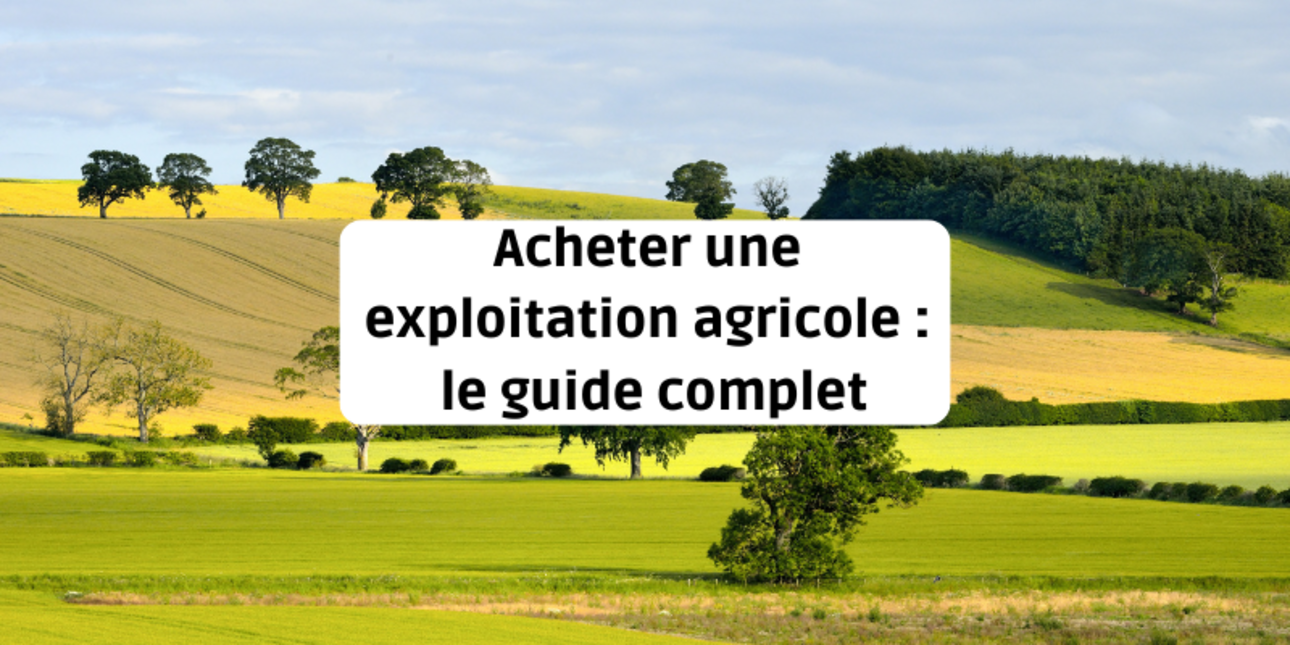
Buying a farm can be a complex process, but it's a crucial part of your life's plans.
In this article, we set out all the important points you need to know to make a success of your farm acquisition project. For each section, you'll find a list of additional articles to complete your information.
Finding a farm is not always easy, especially if you're not lucky enough to be the child of a farmer and/or you can't take over the family farm.
The majority of new farms (around 2/3) are still family-run. While the search for a farm to take over may seem straightforward, it is often carried out in the context of expansion and partnership.
The "classic" route is often as follows: The young farmer takes over a neighbouring farm or farmland and goes into partnership with his parents. Expansion increases the overall income from the farm, which is then shared between parents and children.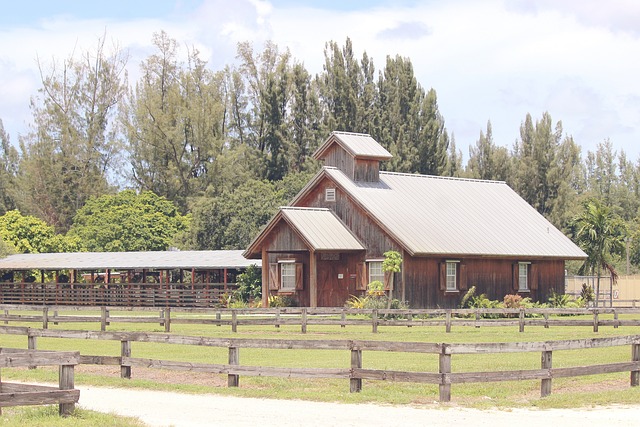
A very detailed knowledge of the local area is an asset when it comes to contacting potential sellers close to the family farm. Financing the takeover is made easier by the fact that it is backed by the family farm.
The family farm is passed on when the parents retire. This can be a complex phase, however, as it requires a great deal of thought, particularly from a financial and asset point of view:
It's a process that can't be improvised; on the contrary, it needs to be anticipated. External advisers (accountants, solicitors, banks, chambers of agriculture) are invaluable in helping you ask the right questions.
There's a new term for people who want to become farmers but don't have a farming background: "NIMA - Non Issus du Milieu Agricole". The existence of this term clearly expresses the specific characteristics of this group, whose main difficulty is finding a farm to take over.
At a time when the press is talking about the major challenge of renewing the generations in agriculture, you might think that it's easy to find farms to take over.
This is not the case, as the majority of farms are taken over either within the family or as part of an expansion. So, overall, the pressure on land remains high throughout France.
The number of farms has fallen from 490,000 in 2010 to 390,000 in 2020. At the same time, the average farm size has risen from 55 to 69 hectares (Source INSSEE – Nombre d’exploitations).
So you need to use all the services available to find a farm for sale. Here are just a few of them:
The Répertoire Départ Installation: Managed by the chambers of agriculture, this lists a large number of farms to be taken over or companies looking for partners.
Propriétés rurales: This is the website for properties for sale via the SAFER
Ma-propriete-agricole.fr: our site lists a very large number of advertisements for farms to be taken over. These ads are published either by farmers or by property professionals (estate agents, notaries, land experts, etc.).
Farm sale prices vary widely. For example, on our site you can find arable farms of several hundred hectares for sale at well over €5 million.
Conversely, you can also find farms for less than €100,000, comprising a few hectares of land and small farm buildings.
Most often based on an asset-based approach, the price will depend on both the surface area of the farm to be purchased and the various elements that make it up: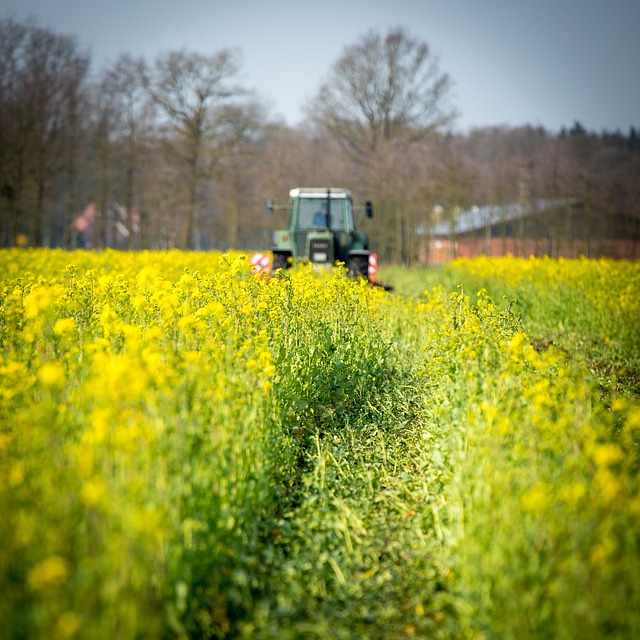
With an average farmland price of €6,200 per hectare, the land value for an average-sized farm (69 ha) is therefore in excess of €425,000. That's more than €200,000 for the land if we consider renting out 50% of the land.
In Brittany, the average price of a farm is close to €300,000 (for an individual farm). This average masks major disparities depending on the size of the farm taken over and the production envisaged. For example, the average cost of a dairy farm was €687,000 in 2023 (source – CRÉATION - REPRISE - TRANSMISSION / Les chiffres clés 2023).
The purchase price of a farm must therefore be considered in the light of each project, the profitability of the farm, the means of production required and local prices, which can vary considerably.
Buying a farm may require additional investment. Depending on your project, you may need to fit out buildings, acquire additional equipment or livestock, etc. It is essential to calculate the amount of these investments when you make your initial purchase.
Some of these investments may be compulsory to comply with standards (classified facilities, health protection for livestock, electrical upgrades, etc.).
The same applies to the purchase of a house, where it may be necessary to install a new individual sewage system, for example.
In addition to the purchase price of a farm, you will certainly have additional costs:
Agency fees: these are generally between 4% and 7% of the sale price. These are sometimes paid directly by the vendor.
Notary fees: when you sign the deed of sale, you will have to pay notary fees, which will include registration fees (5.89% on the value of the property) plus disbursements and the notary's fees, i.e. a total of between 7 and 8% of the price.
Loan and guarantee fees: financing may require the use of guarantees such as a mortgage, which will add to the notary fees.
Carrying out an economic study: This is essential if you are to obtain bank finance. You will need to call on an advisor from the Chamber of Agriculture or an accountancy firm to carry out this provisional study.
Consultancy fees: to help you set up your business, choose the legal structure, take the necessary steps, etc.
It is quite possible to become a farmer without having an agricultural diploma. But the path will undoubtedly be more difficult.
Having a diploma will make it easier to obtain :
The investment required to buy a farm is high. You will probably need to call on external financing for this purchase.
A bank will lend you money if your project is viable (economic study) and if the risk is limited.
Growing crops and raising livestock are highly specialised activities that require technical skills. The banks you approach will take a close look at your skills, which are the result of your training and experience.
Training is therefore a guarantee of your skills, which will reduce your risk and make it easier for you to obtain a loan.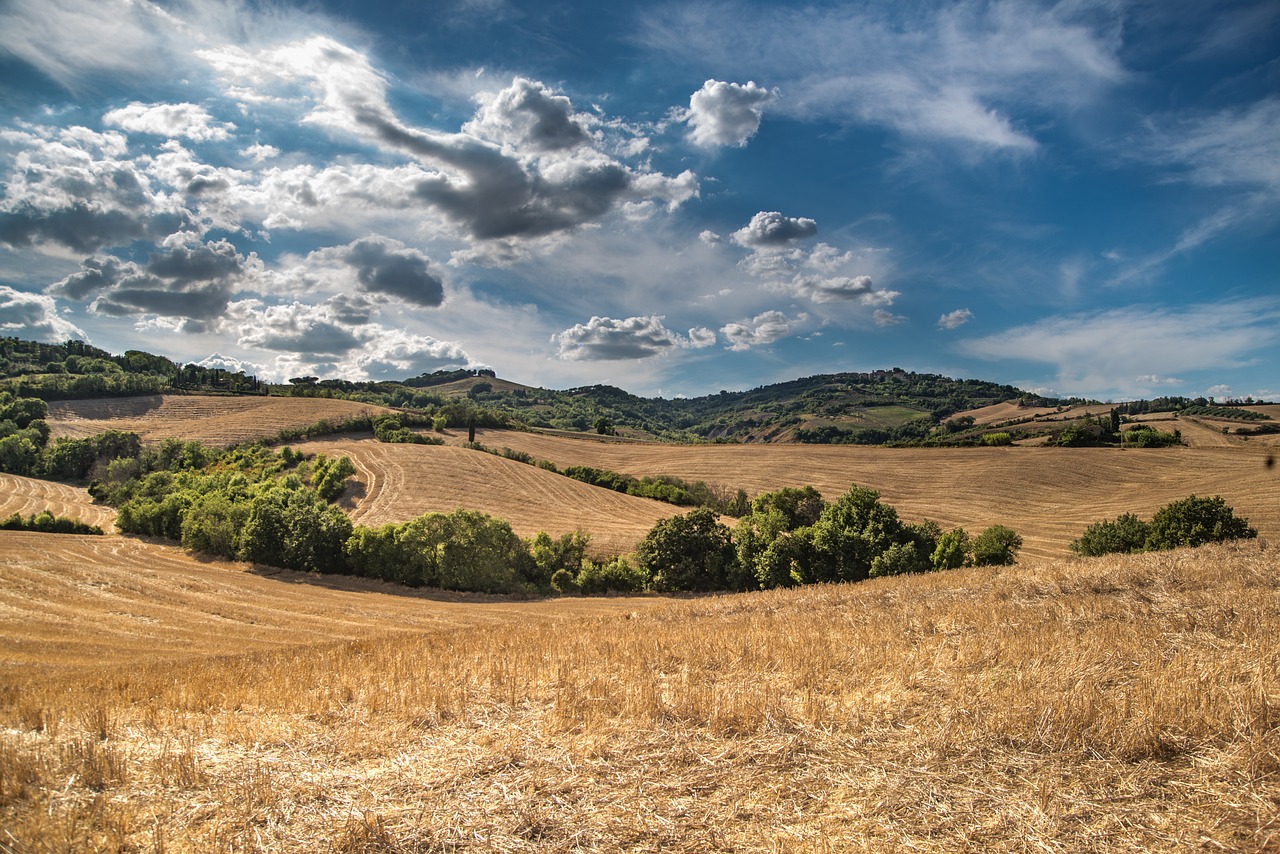
To qualify for start-up aid, you need to have an agricultural qualification. This can be obtained either through professional experience or through a minimum level IV agricultural diploma.
This means training for :
There is a wide range of agricultural training courses on offer, provided by numerous public and private establishments throughout France.
You can take a Brevet Professionnel de Responsable d'Exploitation Agricole as part of a continuing education programme. You can also validate some of the Unités Capitalisables (UC) as part of a Validation des Acquis de l'Expérience (VAE).
If you only have a level III agricultural diploma (CAPA, BEPA, BPA), you will need to provide proof of at least 24 months' professional agricultural activity over the last 3 years.
If you do not have a level III or IV agricultural diploma, you must provide proof of at least 40 months' professional agricultural activity over the last 5 years.
Find out more :
It is impossible to talk about buying a farm without addressing the issue of rural leases (articles L411-1 et seq. of the French Rural Code). More than half of France's agricultural land is farmed under the status of fermage.
The purchase of a farm is rarely made without leasing part of the land. This may be a choice on the part of the owners, who wish to receive rent. Or it may be an obligation as part of the financing plan.
It can be difficult to buy all the land when setting up a farm. Using bank finance to buy land is generally more expensive than paying rent.
We have devoted a series of articles to the specific regulations governing rural leases, which we invite you to consult for further information.
Key points to remember:
Presumption of a rural lease: a paying lease of agricultural property is a rural lease, including verbal leases
Minimum term of 9 years: the lease may be for a longer but not shorter term
Automatic right to renew the lease: the lease is renewed in favour of the farmer at the end of the initial term
Rent control: minimum and maximum rents for farmland are set at the level of each département.
Rent indexation: rent increases are defined by a national index
The proposed sale of the land is not grounds for terminating or not renewing the lease.
This is a key stage in the process of buying a farm. Faced with the total cost of your investment (purchase price, additional investment, ancillary costs), you need to find equivalent financial resources.
Self-financing is the savings you invest in your project. There is no statutory minimum for self-financing, but banks would like project owners to have self-financing of around 20%.
Banks are the main financiers of agricultural projects. While all credit institutions can support a farming project, some banks (Crédit Agricole, Crédit Mutuel, Banque Populaire, etc.) have dedicated departments with specialist advisers.
They are therefore in a position to understand your project, support you and advise you.
As part of the review of your application for finance, you will need to submit a multi-year forecast, also known as a Business Plan. This document, drawn up by a professional, aims to check that the future profitability of your farm will enable you to meet your costs, repay your loans, pay yourself a salary and meet any additional investment requirements.
If you are under the age of 40, you can apply for Young Farmers' aid.
You will have to follow a programme that includes the completion of a Personalised Professional Project and the presentation of a Business Project (a 4-year economic study).
Specific assistance for setting up includes:
The beneficiary must commit to a number of conditions for a minimum of 4 years, including :
The chambers of agriculture in each département have a Point Accueil Installation (Installation Welcome Point) to help you with all the formalities involved in obtaining this aid.
It is also possible to apply for other aid from :
You can also take advantage of other financing solutions:
Vendor credit: you pay part of the sale price to the vendor in the form of a payment spread over time, with an interest rate to be determined
Family loan: you call on friends and family to provide you with a personal loan
Investors: you call on an investor to buy land, which they then rent to you. You can also find an investor who provides self-financing by becoming a partner in your company. You may also find an investor who provides self-financing by becoming a partner in your company.
Portage foncier: you use an organisation that buys the land on your behalf and then leases it back to you. You generally have an option to buy the land after a few years.
Crowdfunding: you call on private lenders via a participative financing internet platform.
...
We have devoted a series of articles to alternative financing, including land porting and crowdfunding solutions specific to agricultural projects.
Farmers are covered by the Mutualité Sociale Agricole (MSA) scheme, rather than the general Social Security system.
The MSA is unique in that it brings together all social protection for farmers under a single scheme: health insurance, family benefits, work-related accidents, vocational training and retirement (basic and supplementary).
Farmers' social security contributions are calculated on the basis of farm income. Your choice of tax system therefore has a major impact on the amount of your MSA social security contributions.
REDUCED CONTRIBUTIONS FOR YOUNG FARMERS
Les jeunes agriculteurs bénéficient d’une réduction de leurs cotisations sociales étalées sur 5 ans.
|
|
% exemption | Exemption ceiling |
| 1st year |
65 % |
3 204 € |
| 2nd year |
55 % |
2 711 € |
| 3rd year |
35 % |
1 725 € |
| 4th year |
25 % |
1 232 € |
| 5th year |
15 % |
739 € |
Like any business, a farm must declare its profits each year.
There are 3 tax regimes applicable to farmers:
Micro BA
Small farms can benefit from the Micro Bénéfice Agricole scheme. If your receipts do not exceed €85,800, your taxable profit will be equal to 13% of the amount of your receipts. If you wish, you can opt for the Bénéfice Réel system.
This system has the advantage of simplicity, but can be disadvantageous if your business generates a deficit in the first few years.
Actual Profit
The Bénéfice Réel scheme requires full accounting and will determine the result by the difference between your income and your expenses.
As its name suggests, Simplified Real Profit requires less formality and applies to businesses with revenues of between €82,800 and €352,000.
Bénéfice Réel Normal applies automatically to revenues of €352,000 or more.
If your revenue exceeds €46,000, your business will be subject to VAT.
In this case, you will have to declare the VAT paid on your expenses and the VAT collected on your sales. If you have collected more VAT than you have paid, you will have to repay this sum to the Treasury. Conversely, if you have paid more VAT than you have collected, the difference will be refunded to you by the Treasury.
You can choose between annual, quarterly or even monthly returns.
If your revenue is less than €46,000, you will be eligible for the flat-rate refund scheme, under which you will receive a payment from the government in proportion to your revenue.
The options for the different tax and VAT regimes are made when you register with the CFE. It is therefore essential to choose the right system. The safest solution is to contact an accountancy firm, which will help you choose the right regime and deal with the formalities.
You need to choose the legal status of your business between sole proprietorship and company.
If you are carrying out a project involving several people, the choice of company will be almost automatic and will also have an impact on your tax and VAT situation.
If you are on your own, setting up a company is nevertheless an option, particularly to separate your private assets from your business assets.
Although some companies are specially adapted to the agricultural sector (GAEC, EARL, etc.), you can also run your farm as part of a non-trading company, a SARL, etc.
Your choice of legal status should be considered before you start. It is essential to seek advice from the Chamber of Agriculture, an accountancy firm, a lawyer or a notary.
This is an important step in the process of buying a farm. It is the signature of your commitment to buy the property.
Whether it's drawn up by a lawyer, notary or estate agent, you need to examine this contract carefully.
More and more farmers are developing ancillary activities to diversify and secure their income.
Rural tourism is one of the most common diversifications. The presence of old farm buildings makes it possible to develop accommodation activities (rural gîtes, bed and breakfast). A location close to tourist attractions is an asset for developing this type of activity.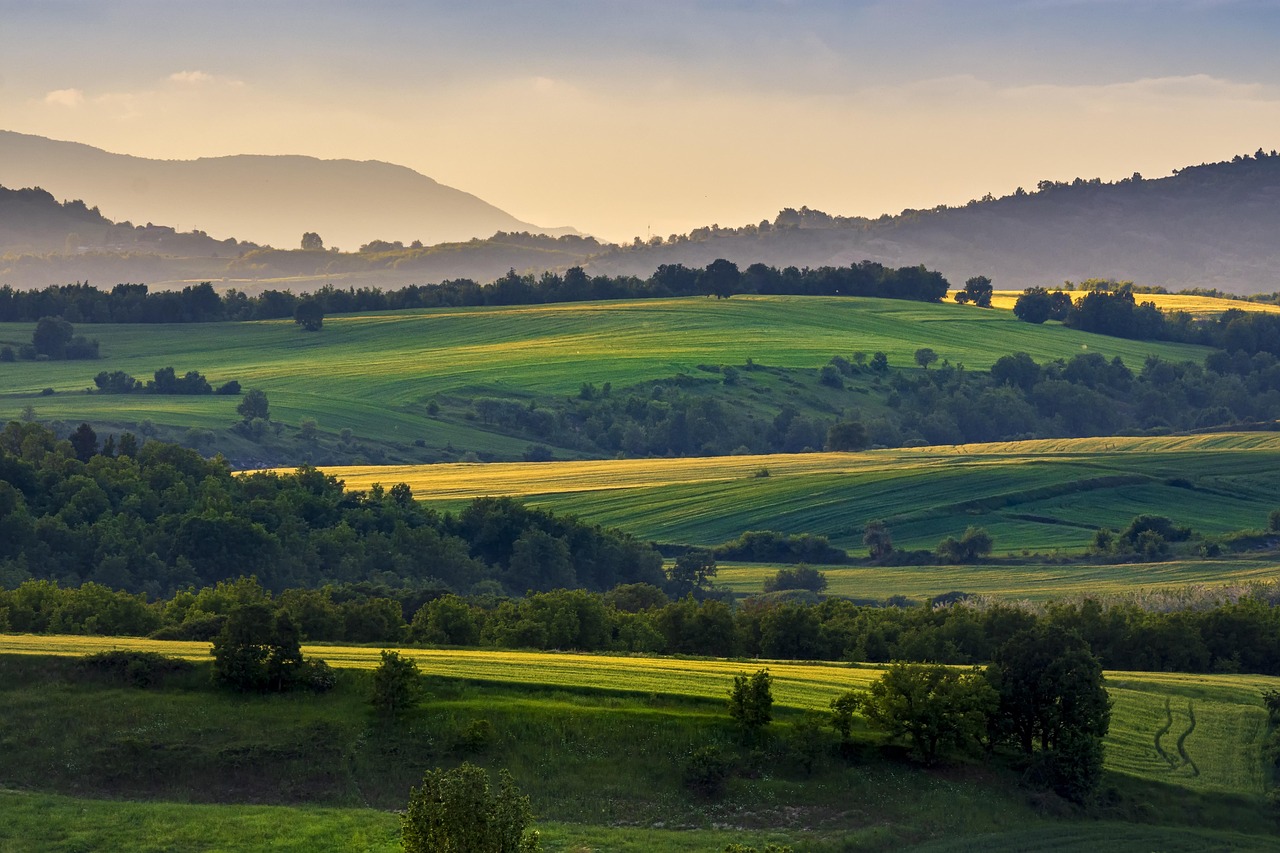
We have written specific articles for these tourism projects:
Processing and direct sales of agricultural products are also among the most common diversifications. These are projects that often require fairly substantial investment (processing laboratory, sales premises, etc.) and sufficient labour.
Organic farming and agro-ecology are more than just diversifications; they are sustainable farming practices that are more respectful of the environment. They can help to secure income and can be a prerequisite for other diversifications.
Energy production through photovoltaic or methanisation installations is also increasingly present on farms. While photovoltaic installations are relatively simple to set up (limited risk, no need for manpower), methanisation units are fully-fledged business projects requiring very substantial investment and considerable manpower requirements.
Be aware that diversifying your business may have tax consequences. If your non-agricultural activity exceeds certain thresholds, you may have to legally separate these activities or file for corporation tax.
Farming is a specific activity that takes place in a specific area, and this is particularly true from the point of view of town planning.
The A zones define the agricultural areas of the Local Urban Plans. In order to protect agricultural activity and avoid urban sprawl, only buildings linked to agricultural activities are permitted in these areas.
The construction of dwellings, industrial buildings, etc. is therefore prohibited. Only farmers may, under certain conditions, build a dwelling house in an agricultural zone.
The Zero Net Artificialisation Act aims to limit the consumption of agricultural land for housing and industry. As a result, it will be increasingly difficult to obtain a change of use for agricultural land to make it suitable for building.
Find out more :
Here's a chronological overview of all the steps you need to take to get your farming business off the ground:
You are in charge of the project, which will evolve naturally as you think about it and discuss it with your partners. However, it is essential to define a precise course with the most important elements of your project.
When you start farming, you must register with the Centre de Formalités des Entreprises (CFE).
Since 1 January 2023, this formality, which used to be carried out by your Chamber of Agriculture, must be completed online at https://formalites.entreprises.gouv.fr, a website managed by the French National Institute of Intellectual Property.
The CFE acts as a one-stop shop, enabling you to register your business with:
There are several forms to complete, depending on the legal status of your business and the tax regime you have chosen. Before registering with your local CFE, you need to have finalised all the details of your project.
The Control of Structures is a regulation that issues authorisations to farm land or to produce livestock above ground.
This procedure, which takes several months, requires you to submit an application for authorisation to farm to the DDTM (Direction Départementale de l'Agriculture et de la Mer) in your département.
The DDTM examines your application and advertises it to identify any potential competitors.
Below a departmental surface area threshold, your project may be subject to a simple declaration and therefore pose no difficulty.
Once the advertising period is over, your application will be examined. If there are competing applicants, the authorisation to farm will be granted to the applicant who meets the priority criteria determined at departmental level.
This is a crucial stage in the success of your project.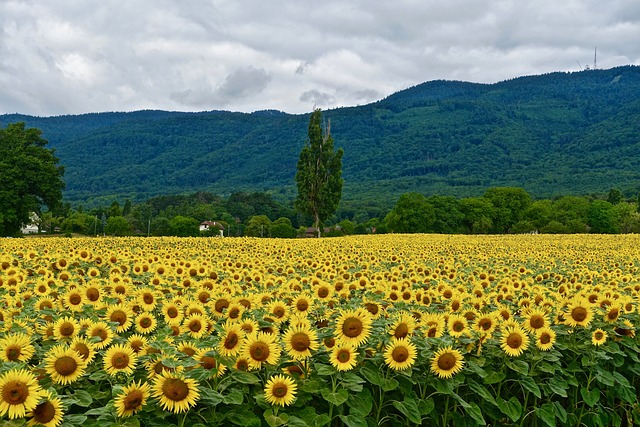
The regulations governing Installations Classées pour la Protection de l'Environnement (ICPE) aim to manage industrial and agricultural risks in order to protect the environment and human health.
To find out whether your activity requires an ICPE procedure, you need to consult a nomenclature that sets out the activities concerned and the production thresholds.
There are 3 main ICPE regimes:
Farming activities that do not fall within the scope of Classified Installations will nevertheless have to comply with the requirements of the Departmental Health Regulations, but without the need for any particular formalities beforehand.
SAFER is a company with a public service remit, the purpose of which is to control who has the right to buy agricultural property.
As part of its mission, SAFER has a right of pre-emption that allows it to take the place of a purchaser designated in a contract to acquire the property in its place and then sell it on to a purchaser it considers to have priority.
Once a preliminary sales agreement has been signed, the notary notifies the proposed sale to the SAFER, which has 2 months in which to notify its pre-emption decision. If there is no response, the SAFER will not pre-empt the property.
It should be noted that since the implementation of the Sempastous Law, the SAFER also exercises control over partial sales of shares in agricultural companies.
You will of course need to insure your buildings and equipment. It is also advisable to take out comprehensive professional indemnity insurance, which will include professional civil liability cover.
These days, becoming a farmer is a job that requires a wide range of skills, far beyond just farming techniques. This administrative dimension of the farming profession is not to be overlooked, even if you will find service providers at your side.
The Chambers of Agriculture, and in particular the Installation Welcome Point, can direct you to the right services and contacts. Note that the Centre de Formalités des Entreprises (Business Formalities Centre) allows you to initiate your registrations with the main administrative services, which reduces the risk of forgetting.
CROP INSURANCE
One of the government's aims is to help farmers manage risk more effectively by introducing crop insurance and mutual funds.
From 1 January 2023, a universal system of compensation for crop losses resulting from climatic hazards will be introduced, with 3 levels:
This article and the additional resources we offer will provide you with the main elements you need to build your plan to buy a farm.
It's a project that requires not only technical farming skills but also entrepreneurial skills.